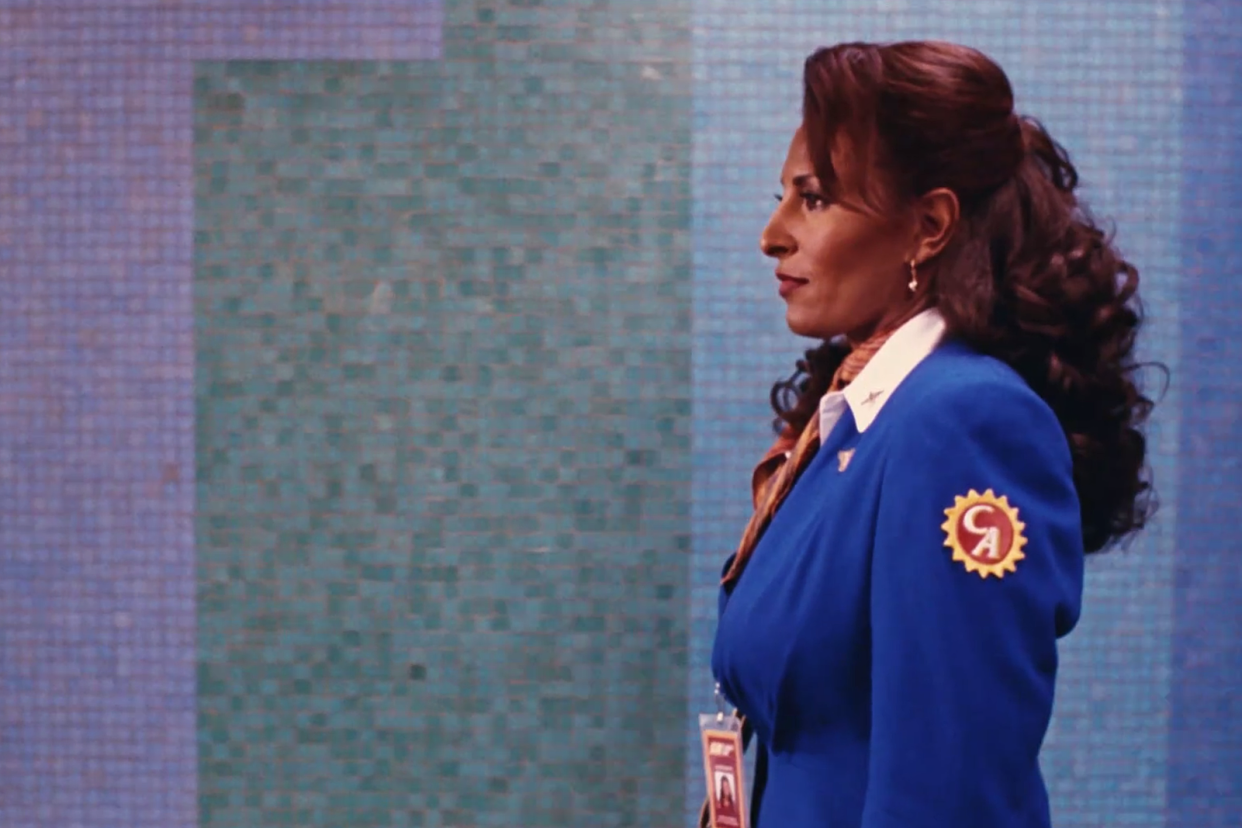Quentin Tarantino: Pauline Kael Told Me ‘Jackie Brown’ Is Indebted to Pedro Almodóvar

- Oops!Something went wrong.Please try again later.
- Oops!Something went wrong.Please try again later.
- Oops!Something went wrong.Please try again later.
According to iconic film critic Pauline Kael, Quentin Tarantino borrowed the opening credits for “Jackie Brown” from filmmaker Pedro Almodóvar.
While Tarantino has been open about his admiration for Almodóvar, especially his NC-17 rated “Matador,” the auteur revealed that Kael told him the “Jackie Brown” credits was so similar to Almodóvar’s work that “it needed quotations around it,” the “Pulp Fiction” Oscar winner said during the New York City stop on his “Cinema Speculation” book tour.
More from IndieWire
Tilda Swinton Says Pedro Almodóvar's 'Room Next Door' Is a 'Natural Successor' to 'Pain and Glory'
Brad Pitt Eyeing Role in Quentin Tarantino's Final Film, 'The Movie Critic' - Report
Moderator Elvis Mitchell, a friend and critic, reminisced with Tarantino about a dinner in Cannes during which he encouraged the director to call Kael after decades of admiring her work. The duo then called Kael from a payphone.
While their conversation with Kael ranged across a variety of films, Tarantino shared the “Jackie Brown” comment fondly, and said Mitchell told him meeting Kael in person would be like “meeting a bird” despite her being a larger-than-life figure in the cinema world. Tarantino previously called New Yorker critic Kael a “kind of film Kerouac” in the documentary “What She Said: The Art of Pauline Kael” (via The Huffington Post).
And it seems like Kael’s take was spot-on: Tarantino penned in “Cinema Speculation” that the opening to Almodóvar’s “Matador” inspired him to discover “the types of movies I wanted to make, and the things I wanted to do inside of those movies.”
“At the right age (mid-twenties), and at the right time (the fucking eighties), the fearlessness demonstrated by Pedro Almodóvar led by example,” Tarantino penned. “As I watched my heroes, the American film mavericks of the seventies, knuckle under to a new way of doing business just to stay employed, Pedro’s fearlessness made a mockery of their calculated compromises. My dreams of movies always included a comic reaction to unpleasantness, similar to the connection that Almodovar’s films made between the unpleasant and the sensual.”
The “Once Upon a Time in Hollywood” director continued, “Sitting in a Beverly Hills art house cinema, watching Pedro’s vividly colorful, thrillingly provocative, 35mm images flickering on a giant wall — demonstrating that there could be something sexy about violence — I was convinced there was a place for me and my violent reveries in the modern cinematheque.”
Best of IndieWire
The 65 Best Sci-Fi Movies of the 21st Century, from 'Melancholia' and 'M3GAN' to 'Asteroid City'
Christopher Nolan Movies, Ranked from 'The Dark Knight' and 'Tenet' to 'Dunkirk' and 'Oppenheimer'
Where to Watch This Week's New Movies, Including 'Argylle' and 'How to Have Sex'
Sign up for Indiewire's Newsletter. For the latest news, follow us on Facebook, Twitter, and Instagram.

